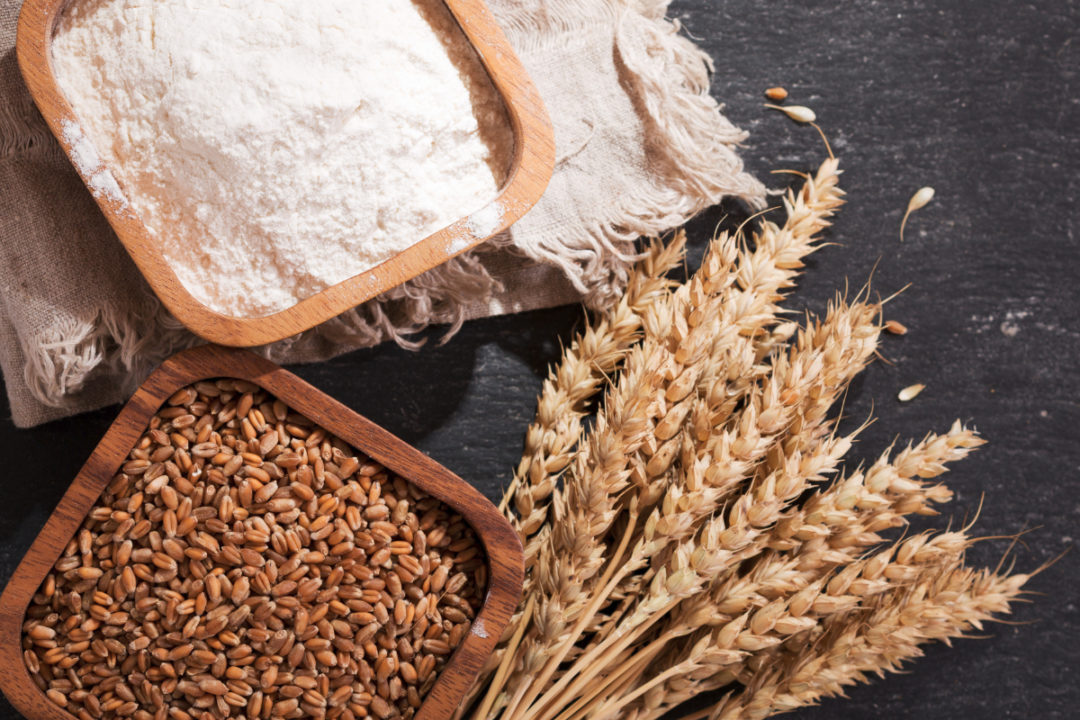As government explores the possibility of venturing into wheat production, Minister of Agriculture Zulfikar Mustapha has disclosed that a trial with 15 to 20 varieties of wheat will be undertaken by his ministry.
The trial is expected to commence by month-end and will be evaluated by Dr Mahendra Persaud, a local scientist at the Burma Rice Research Station, Mahaicony, East Coast Demerara.
“We are in contact with our counterpart, especially in Mexico, [and] we are looking at a different variety of wheat. I am hoping by the end of this month or by next month latest, we should have the first trial of 20/15 varieties of wheat to see the best one that can be grown in Guyana,” he said.
According to the minister, trials for the production of the wheat grain will be conducted across the country. This, he noted, will give an understanding of the best area that has the right climate for the production of the grains on a large scale.
“You know, in Paramakatoi, time like now [13:00hrs] in the day, the place is still foggy and cold, so that is an area we have to look at because… wheat grows in temperate areas. There are possibilities in different parts of the country where we can have nurseries to see where it will grow better, all those things are under consideration,” Mustapha explained.
With the recent skyrocketing prices for wheat coupled with other supply challenges, National Milling Company (Namilco) last month announced a 15% increase in the price of flour.
President Irfaan Ali had first announced that Guyana will be exploring the possibilities of wheat production to curb the impacts of shortages and exorbitant prices.
“Soon we are going to work to see whether we can find a variety of wheat that we can plant in Guyana, so that we can fulfill even our local requirement. We are learning important lessons now that we must not leave unanswered for future generations,” President Ali said during an engagement with residents at Lusignan, East Coast Demerara, back in March.
The disclosure was made while mentioning his government initiatives aimed at reducing the rising cost of living across the country.
The war between Russia and Ukraine has also contributed significantly to the high increase in the price of wheat.
President Ali also stated that Guyana must be independent in its supply of food. “We have started to present leadership on our next big crisis: food security…The world has taught us that we can no longer be dependent; we have to be as self-sufficient and self-sustainable as possible, especially when it comes to the supply of food and basic commodities.”
The agriculture minister also echoed the president’s position, “We can’t depend too much on imports and as a country, we have to ensure that we produce our own food and be self-sufficient because we can have all the money in the world and we have seen during the pandemic how many countries are suffering to get food because there is a scarcity.”
In mid-March Namilco justified its increase in the price of flour by stating “The price of wheat today is 40% higher than it was on February 15, 2022, just 3 weeks ago. During this period, we have also seen increases in the cost of packaging, additives, and just recently, fuel. Consequently, we can no longer sustain our operations at our current flour price levels.”
The milling company explained that with the increased cost of production over the last year, it was forced to absorb many of the increases, only passing it on to customers where it was unavoidable.
“We will work at leveraging economies of scale available to us (e.g., through wheat vessel ownership) to mitigate some of the adverse impacts of freight logistics, market access and raw material supply,” the release added.
Namilco noted that similar companies across the world are experiencing unprecedented increases in the cost of raw materials, freight, packaging materials, energy, and other inputs.






